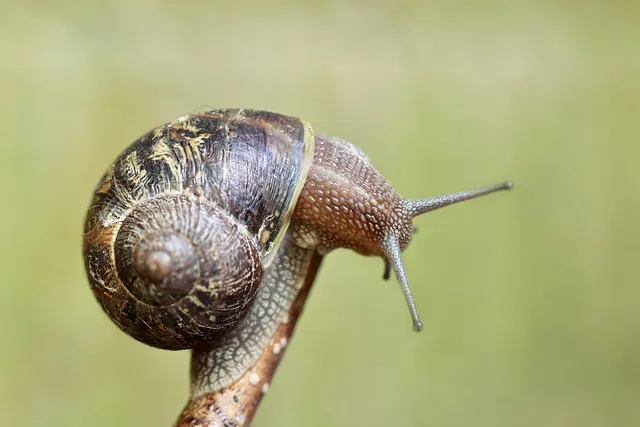
Invertebrates are a group of animals that make up over 95% of all animal species on Earth. They lack a spine, which sets them apart from vertebrates like mammals, birds, and reptiles. Despite their lack of a skeletal structure, invertebrates have developed extensive adaptations that allow them to thrive in various habitats.
One of the most famous groups of invertebrates is the insect. With over one million recognized species, insects are the most diverse animals in the world. They play crucial roles in ecosystems as pollinators, decomposers, and food sources for different animals. From the sensitive wings of butterflies to the armored exoskeletons of beetles, insects present diversity in their bodily characteristics.

Another fascinating group of invertebrates is the arachnids. Spiders, scorpions, ticks, and mites all belong to this class. Arachnids have eight legs and two frame segments, and they may be known for their capability to spin silk and create complex webs. While a few arachnids are venomous, most are innocent to human beings and play crucial roles in controlling populations of insects and different small invertebrates.
Marine invertebrates are also diverse and may be found in every ocean. Coral reefs, for instance, are constructed via tiny coral polyps, which can be related to jellyfish and sea anemones. These sensitive creatures form complex structures that provide refuge and food for many different marine species. Other marine invertebrates, which include octopuses and squid, are known for their intelligence and complex behaviors.
Land-living invertebrates, such as snails and slugs, are regularly overlooked but play crucial roles in ecosystems. They help break down organic waste, recycle vitamins, and serve as a meal supply for different animals. Some snails even have the capacity to hibernate at some stage in dry periods by sealing themselves inside their shells.

Invertebrates have also captured the attention of scientists and researchers because of their specific diversifications and evolutionary histories. Studying invertebrates has caused crucial discoveries in fields including medicinal drugs and bioengineering. For instance, the specific properties of spider silk have inspired the development of recent materials with programs in bulletproof vests and surgical sutures.
Protecting and keeping invertebrates is crucial for retaining the stability of ecosystems. Unfortunately, many invertebrate species are facing threats, which include habitat loss, pollution, and weather change. Efforts to defend those captivating creatures consist of growing protected regions, imposing sustainable practices, and elevating recognition of their significance.
Invertebrates: The Unseen Wonders of the Animal Kingdom
Invertebrates are a charming and various group of animals that make up the majority of the animal kingdom. What sets them apart from their vertebrate counterparts is the absence of a vertebral column, or backbone. Instead, they arrive in a myriad of shapes and sizes, ranging from tiny microscopic organisms to bigger, more recognizable invertebrates like insects, spiders, and mollusks.
Invertebrates inhabit a wide range of environments, from the depths of the ocean to terrestrial ecosystems or even the air. This awesome organization consists of creatures with tricky adaptations and survival strategies, making them a critical part of our planet’s ecosystems.
Invertebrates play crucial roles in various ecological methods, from pollinating flowers to decomposing natural materials, contributing significantly to biodiversity and ecosystem balance. They are also a source of fascination for scientists and nature fans alike, as their variety and evolutionary diversifications continue to encourage research and discovery. Invertebrates have evolved an array of frame plans, locomotion strategies, and feeding mechanisms, demonstrating the ingenuity of nature’s designs.
Whether it’s the sensitive splendor of a butterfly’s wings, the precision of a spider’s net, or the resilience of a mollusk’s shell, invertebrates exhibit the wonders of life’s complexity and offer vital classes in edition and survival.
Leave a Reply